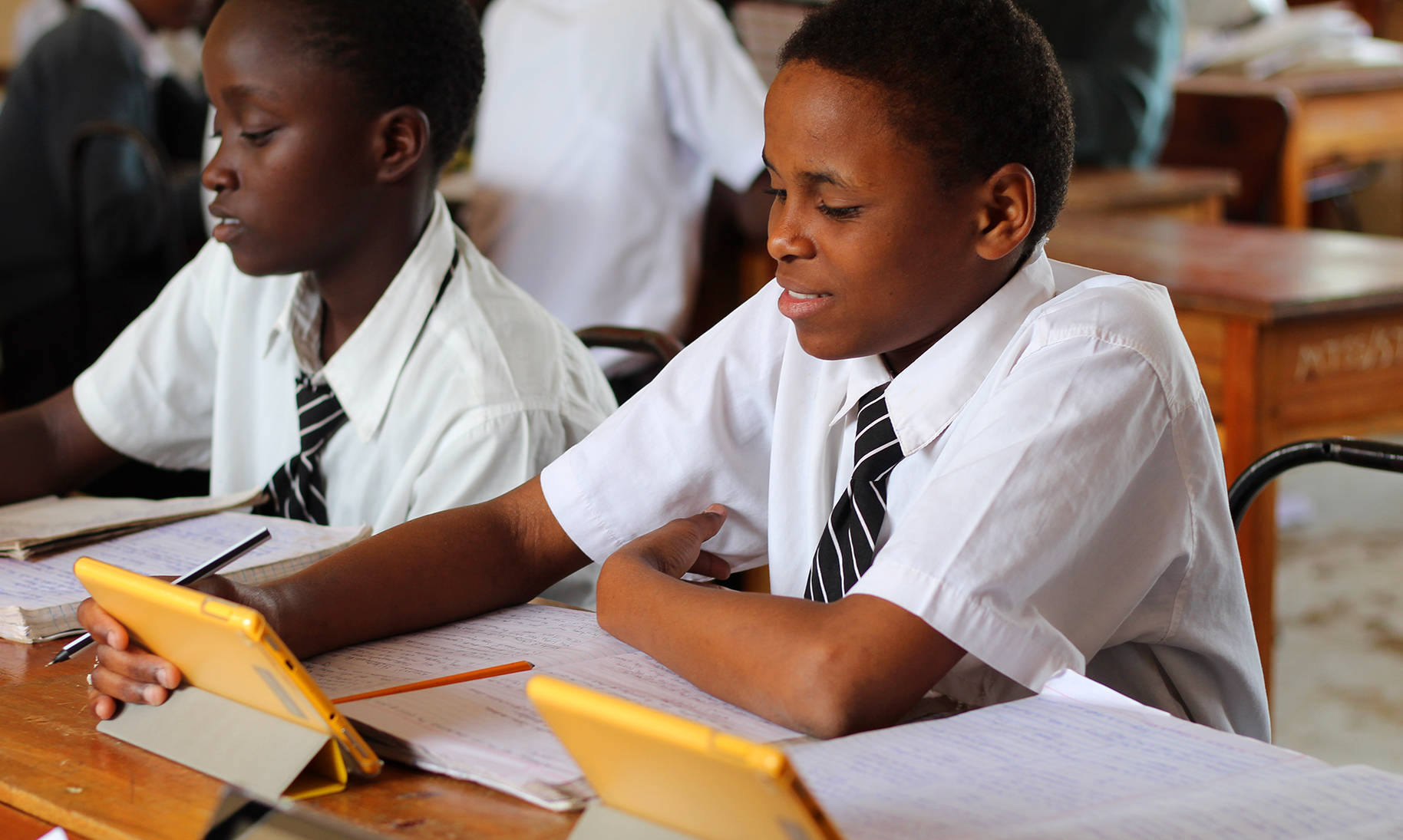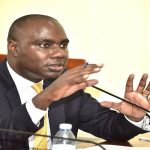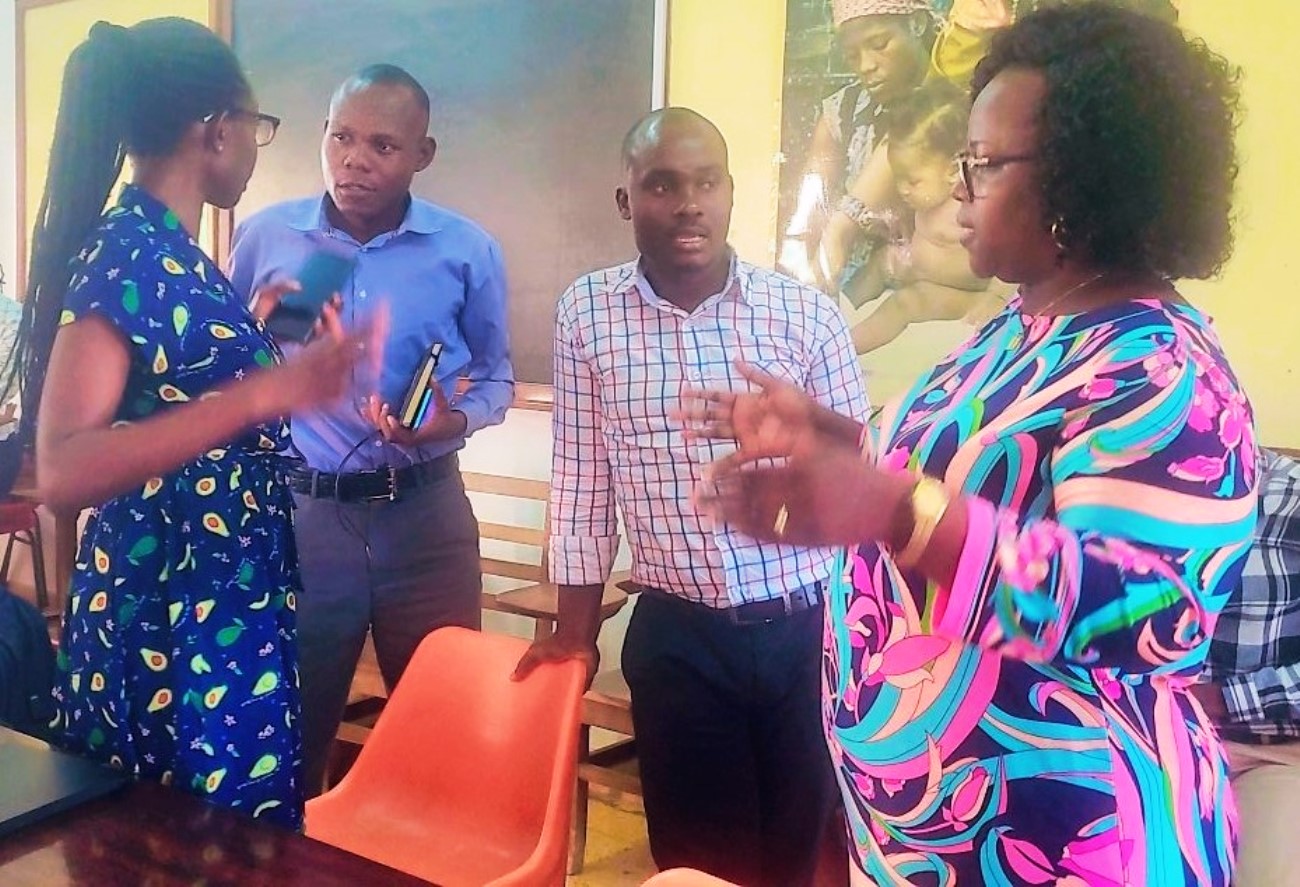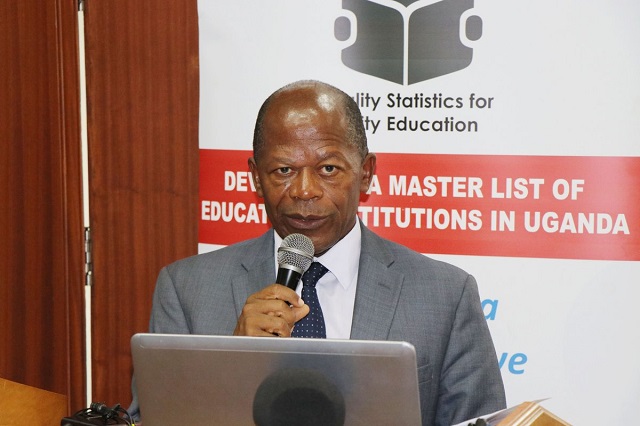Anxiety and anticipation are in the air as the first group of Senior Four candidates under Uganda’s new Lower Secondary Curriculum begins their Uganda Certificate of Education (UCE) exams today. The transition to this new system, which emphasizes competence-based learning, has drawn the attention of teachers, students, and educational stakeholders across the country. The Uganda National Examination Board (UNEB) reports that 379,620 candidates are registered to sit for the exams, which will continue until November 15.
This year’s cohort has been through a challenging educational journey. Having started Senior One in 2020, their studies were disrupted by the Covid-19 pandemic just one month into their first term. As a result, these students have spent nearly five years preparing for exams that normally take four years to complete.
UNEAB has adopted a new approach to assess these candidates. Under the new curriculum, UNEB awards 80% of the final marks, while schools contribute the remaining 20% through continuous assessment, including project work. This shift from rote learning to competence-based education is designed to create a more holistic learning environment, where students are tested not only on what they know but on how they apply that knowledge in real-world scenarios.
At Lumuza High School in Mpigi District, the head teacher, Mr. Yusuf Gayinamungu, confirmed that the school has fully complied with the new curriculum requirements. He revealed that the school submitted all project marks through UNEB’s portal and expressed confidence in the candidates’ readiness. Lumuza High has 103 students sitting for the UCE exams this year, 68 of whom are girls.
Similarly, Hajj Ishaka Mbalirwa, head teacher of Madinah Islamic Secondary School in Nsangi, Wakiso District, noted that while the school faced challenges in adapting to the new system, both teachers and students have worked hard to prepare. This year, Madinah Islamic has registered 399 candidates—the highest number since its inception in 2011.
Hope Integrated School in Lwengo District is also seeing growth in its number of candidates. The director of studies, Mr. Anthony Nsereko, revealed that the school registered 75 candidates this year, up from 47 in 2023. St. Jude Secondary School in Masaka is embracing the changes brought by the new curriculum, with the head teacher, Mr. Ali Kaggwa, noting that the competence-based system relieves some of the pressure on learners, shifting the focus from simply passing exams to mastering essential skills.
However, not all schools are on equal footing. In some areas, the transition has been slow due to a lack of resources. At Dzaipi Secondary School in Adjumani District, 45 students will be resitting their UCE exams under the old curriculum, while 117 will take their exams under the new system. The head teacher, Mr. Jerome Amizaru, highlighted that the school is still relying on outdated textbooks, though the contents have been updated to fit the new curriculum.
In Moyo District, some schools continue to implement the old curriculum, although many have now embraced the new one. According to Mr. David Ocen, chairperson of the Uganda National Teachers’ Union (UNATU) in Moyo, the new curriculum’s hands-on approach has proven effective, and its impact will be fully visible this year.
In contrast, in Kaberamaido District, the level of preparation varies between schools. UNATU chairperson for the district, Mr. Moses Emong, said that while private schools have invested in new materials for students, many government-aided schools face financial constraints. These schools were forced to rely on government-supplied materials, which arrived late, making it difficult for teachers to complete the syllabus on time.
The challenge of limited resources extends beyond textbooks and learning materials. According to Kaberamaido County MP Mr. Alfred Elalu Edakasi, the district faces a shortage of 450 teachers, meaning that the few available teachers will have to take on extra responsibilities during the examination period.
Despite these challenges, many schools are optimistic. In Teso College, Aloet, head teacher Mr. Julius Opaso reassured students to stay calm and focused, noting that the exams under the new curriculum are not drastically different from the old ones. Meanwhile, at St. Noa Mawaggali Secondary School in Mbiko, Buikwe District, head teacher Mr. Leonard Ssali confirmed that the school is ready for the exams, having completed the syllabus well in advance.
In Kigezi Sub-region, the new curriculum has been successfully implemented in all schools, according to Kabale District Education Officer Mr. Moses Bwengye. He expressed confidence that the Senior Four candidates are well-prepared for their final exams.
The shift to the new curriculum has not been without its struggles. Teachers, students, and even Ministry of Education officials have had to adapt to the new system, which demands more from both educators and learners. Mr. Aggrey Mayende, head teacher of Busia Secondary School, acknowledged that the Covid-19 pandemic slowed down the rollout of the program, but he remains optimistic about the long-term benefits of the curriculum.
Mr. Martin Ulego, a teacher at Bishop Asili Secondary School in Moyo District, emphasized that rural schools are still lagging behind in terms of uptake, largely due to the lack of necessary materials.
The Uganda National Examination Board (UNEB) reports that 379,620 candidates have registered for the UCE exams. Of these, 369,477 are taking the exams under the new curriculum, while 10,143 candidates are sitting transitional exams under the old system. This year’s group is also the largest to benefit from the government’s Universal Secondary Education (USE) program, with 138,502 candidates supported by USE, compared to 114,200 in 2023.
Table: Number of UCE Candidates (2024)
| Category | Number of Candidates |
|---|---|
| Total Registered Candidates | 379,620 |
| New Curriculum Candidates | 369,477 |
| Old Curriculum Candidates | 10,143 |
| Candidates Supported by USE | 138,502 |




















